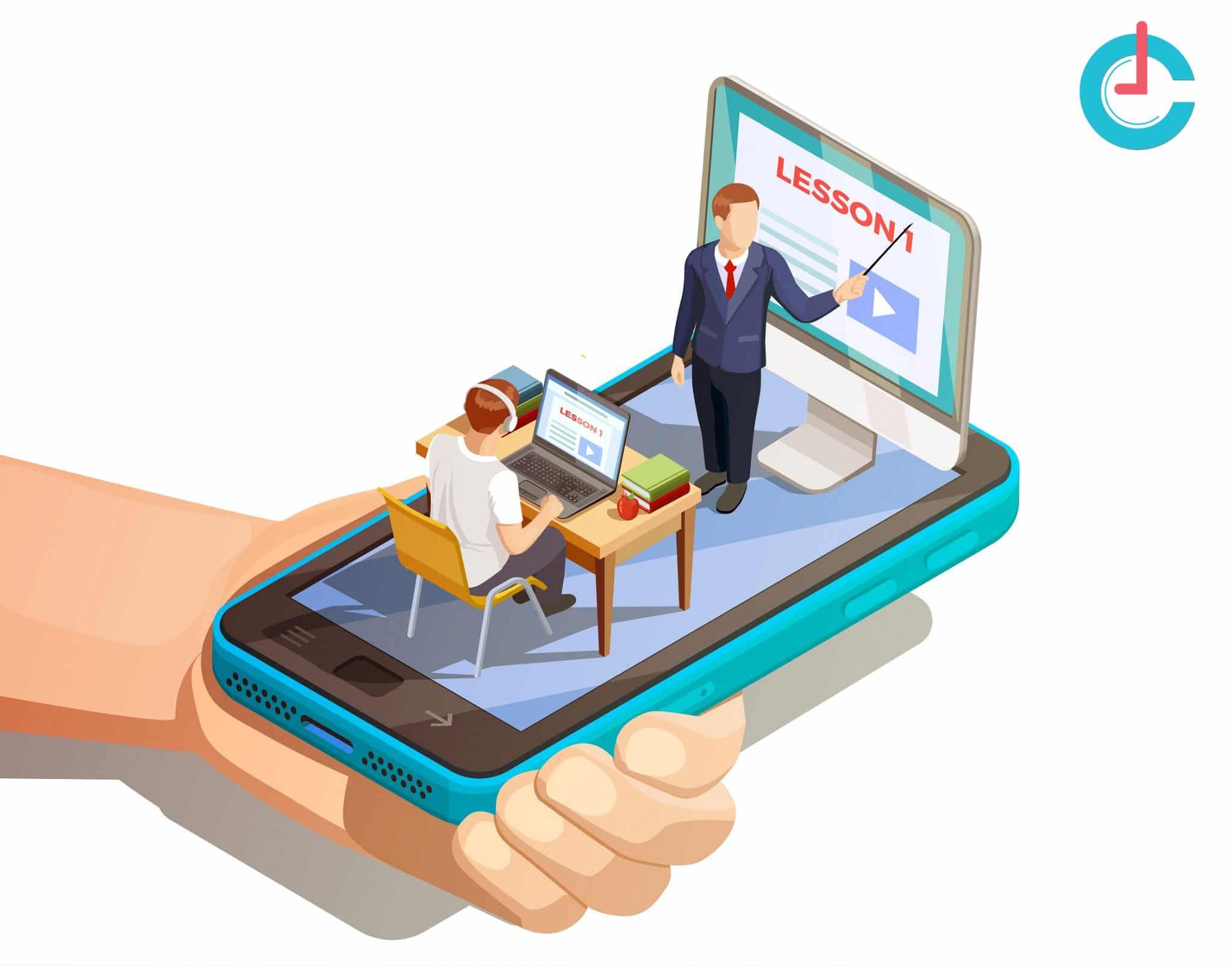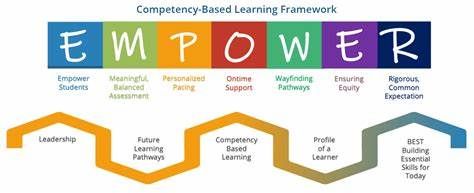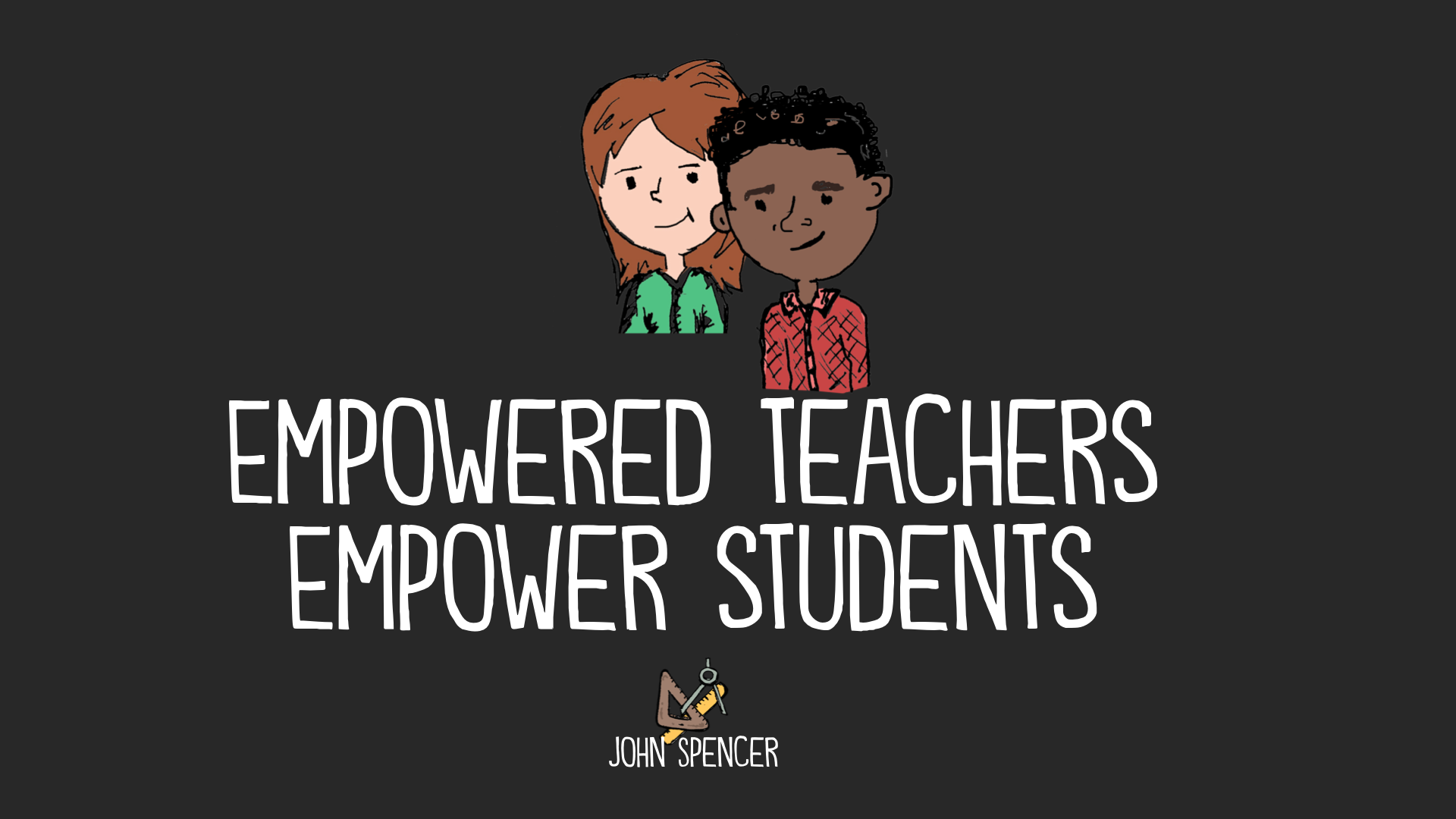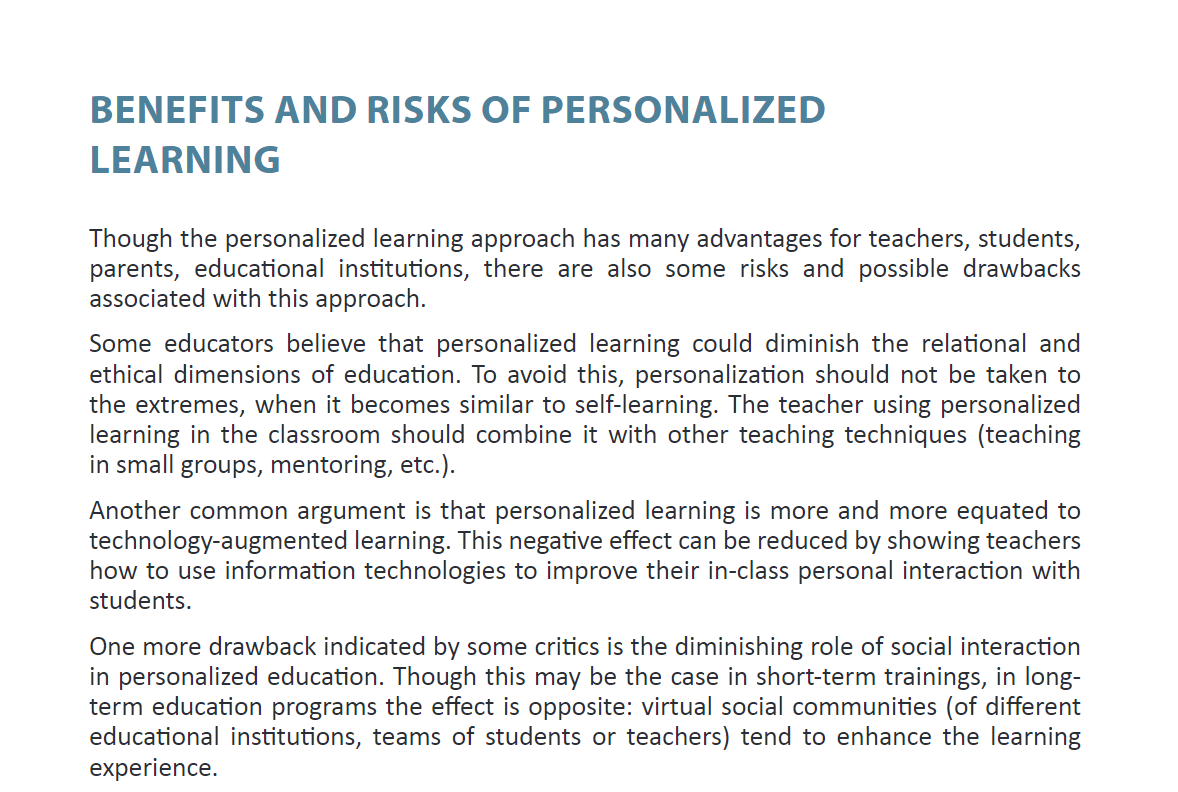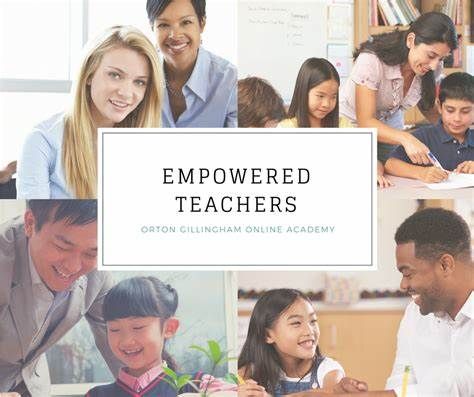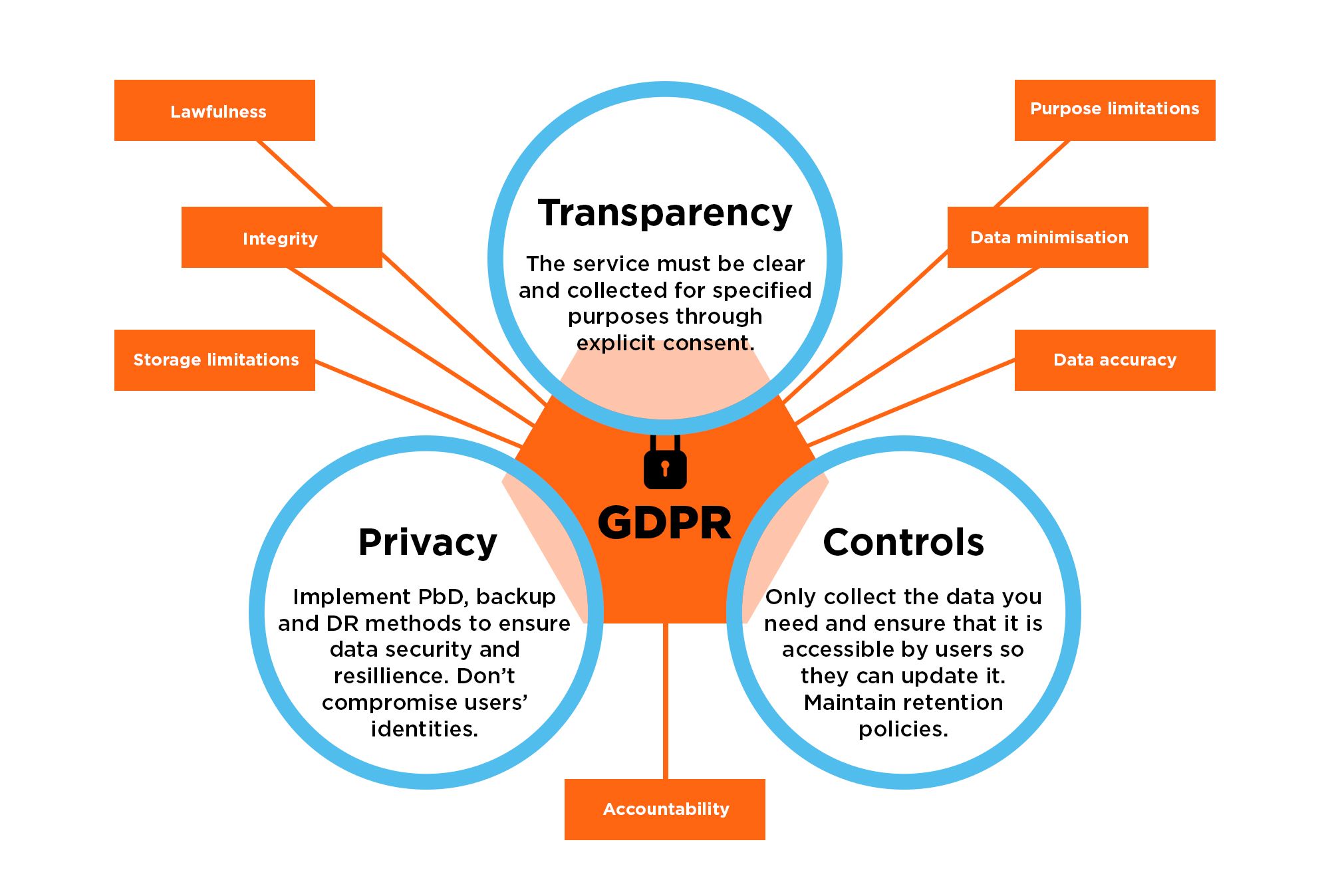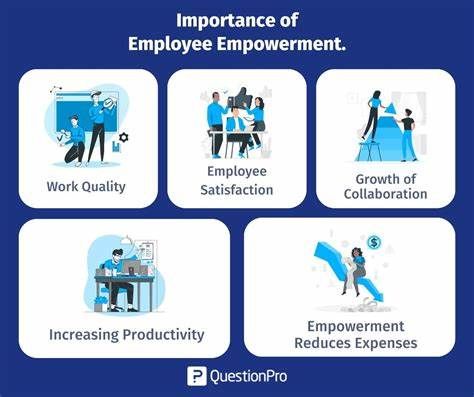One current topic in the integration of new technology in learning is personalized learning platforms and adaptive learning systems. These technologies leverage artificial intelligence and machine learning algorithms to tailor educational content and experiences to individual students' needs, preferences, and learning styles.
Challenges:
- Access and Equity: Ensuring that all students have access to the necessary technology and resources for personalized learning can be a challenge, especially in underserved communities.
- Data Privacy: Collecting and analyzing student data raises concerns about privacy and security, requiring robust measures to protect sensitive information.
- Teacher Training: Educators need training and support to effectively integrate and utilize these new technologies in their teaching practices.
Solutions:
- Universal Access Initiatives: Implementing programs to provide students with access to devices and internet connectivity, along with partnerships with community organizations and governments to bridge the digital divide.
- Transparent Data Policies: Establishing clear guidelines for data collection, storage, and usage, along with obtaining informed consent from students and their families.
- Professional Development: Offering ongoing training and professional development opportunities for teachers to build their skills in using personalized learning technologies effectively.
These solutions aim to harness the potential of new technologies in learning while addressing challenges to ensure equitable access and protect students' privacy and well-being.

